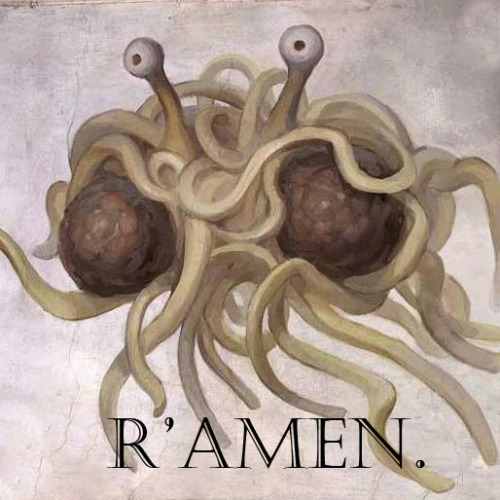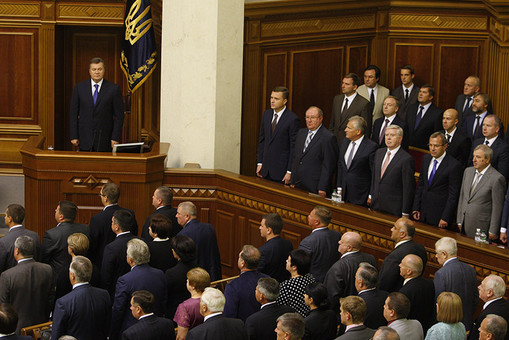Я хотел сказать: "Throckmorton asserts that regardless of whether one considers homosexual acts to be a sin, ex-gay therapy simply doesn't work." In other words, he argues that even religious conservatives who condemn homosexuality should also condemn ex-gay therapy, because it's unscientific.



 318Likes
318Likes LinkBack URL
LinkBack URL About LinkBacks
About LinkBacks






 Говорит Бегемот:
Говорит Бегемот: 
 Reply With Quote
Reply With Quote




